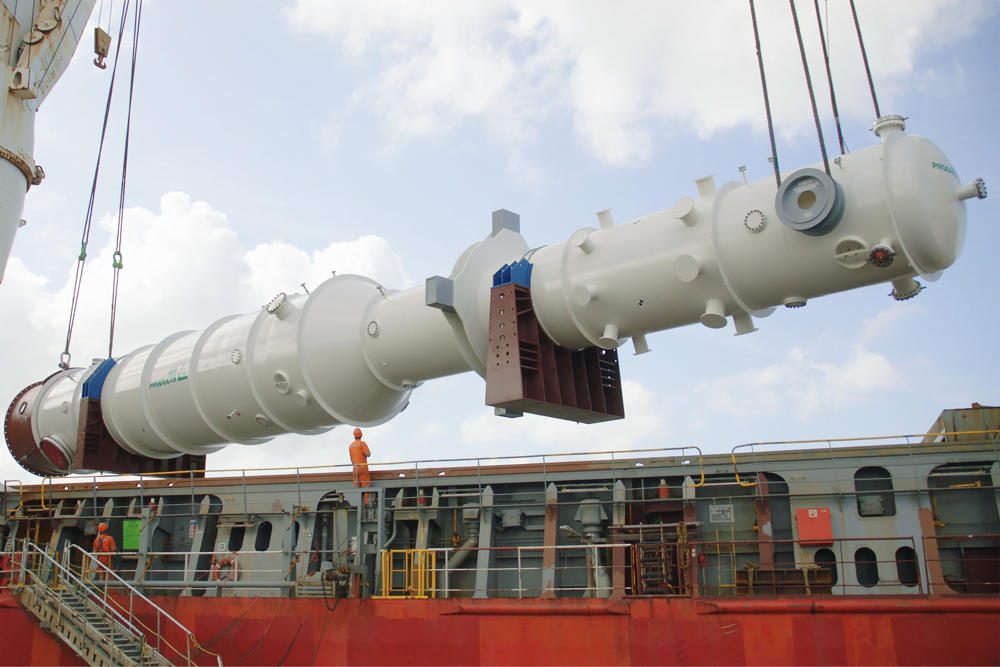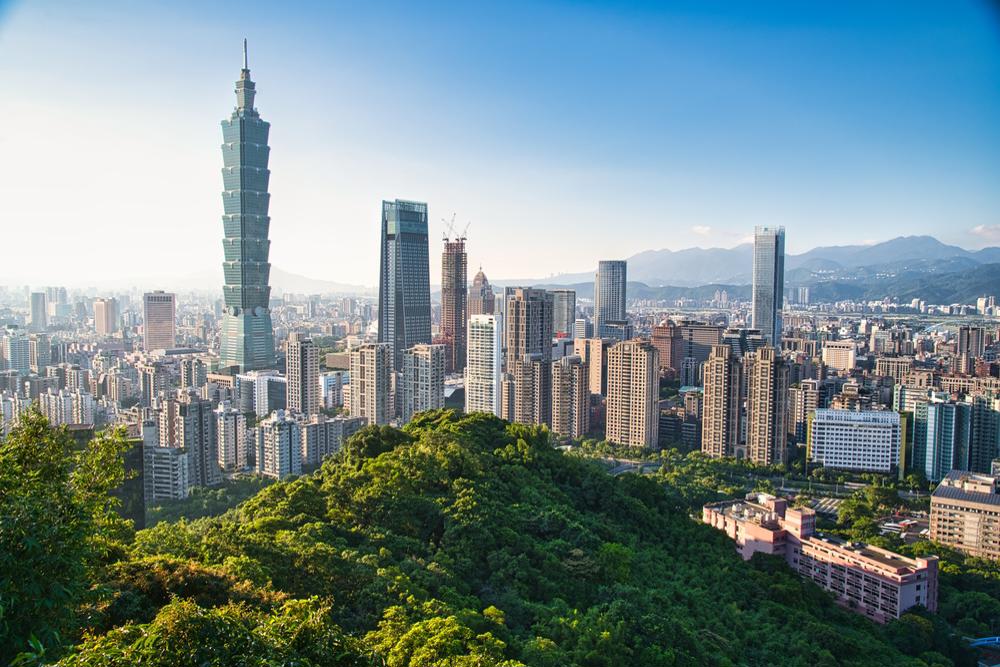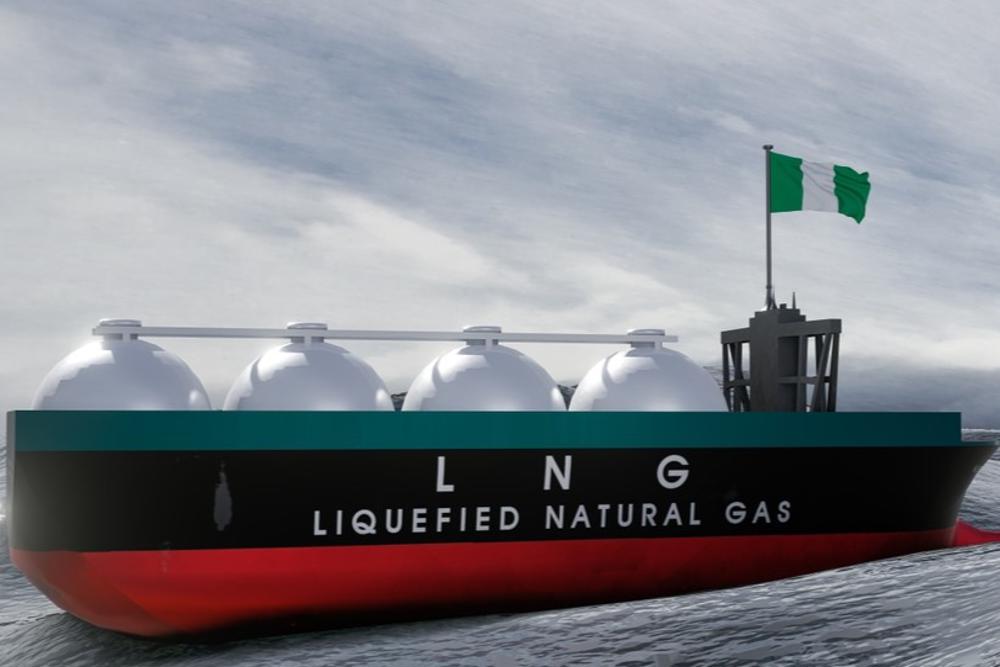
The Government of Papua New Guinea (PNG) has called-off negotiations on the development of the ExxonMobil-operated P’nyang natural gas field in PNG’s Western Highlands.
The P’nyang field has a certified gross 2C contingent resource of approximately 4.4 trillion cubic feet of natural gas, and if the development was to go ahead it could double LNG exports from PNG.
Initially, the ExxonMobil-led joint venture involving Santos and Oil Search was proposing to add three new trains to Exxon’s existing two-train PNG Liquified Natural Gas (LNG) development – one operated and fed by ExxonMobil’s gas assets (PNG LNG T3), with Total feeding the other two trains (Papua LNG) from its Elk/Antelope fields.
A series of negotiations regarding the terms of the P’nyang Gas Agreement took place over the seven months leading to 31 January 2020, whereby the Prime Minister of PNG, James Marape, announced that:
“…because of ExxonMobil’s unwillingness to agree to reasonable terms in line with other international gas projects, the State’s Negotiating Team (SNT) has been unable to agree with ExxonMobil on a Gas Agreement to underpin the development of the P’nyang gas field.”
The Prime Minister said that in good faith PNG extended the negotiation deadline to reach a mutually beneficial deal a number of times.
“At the same time the SNT has indicated a willingness to make significant concessions if ExxonMobil was prepared to do the same, however, ExxonMobil’s final offer was delivered yesterday, only one day before the final deadline and this contained no such concessions.”
“After several months of dedication and good faith engagement by the SNT, ExxonMobil’s offer had barely changed from its opening offer presented last November and is not substantially different from the Papua LNG Gas Agreement.”
“That is unacceptable. The gas belongs to PNG’s people. We are willing to allow international oil companies to develop the field and achieve decent returns by exporting most of the gas, but PNG must also benefit. It is hugely disappointing that our negotiation partners will not agree to such terms,” the Prime Minister said.
In response to the announcement, Oil Search’s Managing Director, Peter Botten, said Oil Search respects the PNG Government’s right to set fiscal terms for resources developments in PNG, to ensure the State, resource owners and the people of PNG receive an appropriate share of value from these projects.
“Oil Search is very committed to getting the correct balance, ensuring appropriate benefits are distributed to the right stakeholders. This ensures the long term operating stability for any development, as well as being the right thing to do,” he said.
“The resource size, cost of development and the challenges of operating in Papua New Guinea are very different to other countries, making broad comparisons with State take under other fiscal regimes in our region misleading.”
Mr Botten said while the company will continue a dialogue with the State on the P’nyang field and seek to achieve the appropriate balance of risk and reward for all stakeholders in any future development, it is their intention to now focus on the development of the Papua LNG Project, under the terms agreed in April 2019 and endorsed by the present Government in September 2019.
Wood Mackenzie Research Director, Angus Rodger, commented that while the abandoning of P’nyang negotiations certainly means LNG expansion will be delayed, it may not mean the overall development has been derailed.
“P’nyang is the most remote and difficult field to develop associated with the expansion project, and as such the latest setback will likely lead to a reshuffling of priorities and development timetables. However, going back to the drawing board in terms of how expansion might look – two trains versus three for example – and what fields will feed them will inevitably require lots more time.”
“The government has signalled it is willing to play hardball to secure a better fiscal take than it achieved with its first LNG project. The ball is now back in the operators’ court as to how they will respond.”
More information on the image above can be found here.






